Stepping back five decades, two UN peacekeepers open a padlocked door in the center of Nicosia's walled Old City. They are approaching the dividing line on the split island that divides Greek and Turkish Cypriots as well as hundreds of military.
The blue berets, like innumerable soldiers before them, scrambled over rooftops, passed by lines of drying laundry, and strolled down dilapidated streets, passing through dust-caked abandoned apartments and businesses.
British peacekeeper Sapper Michael Clasper of the 71 Engineer Regiment told AFP, "When you first get here it's quite surreal, obviously it's not something that most people will ever really experience."
The Mediterranean island is celebrating its third anniversary this year. It has been 60 years since the blue berets arrived, 50 years since a coup supported by Athens and intended to unite Cyprus with Greece led to a Turkish invasion that partitioned the island, and 20 years after Greek Cypriots rejected a UN reunification proposal in a vote.
There is a glimmer of optimism for a fresh push for a solution after the appointment of a new UN envoy last month, but the UN is faced with issues about how long it should continue in the role given the previous six decades of fruitless discussions.
"You've got a peacekeeping force on a holiday island... which is a bizarre disconnect," James Ker-Lindsay, a visiting professor and expert on Cyprus at the London School of Economics, described the situation.
He cited the United Nations Peacekeeping Force in Cyprus by its name, UNFICYP, and stated, "But that also raises questions about UNFICYP and its long-term mandate."
The UN is well aware of its duration in this place.
UNFICYP spokesperson Aleem Siddique stated, "We always intend to come, fulfill the peacekeeping task at hand, and leave." "The fact that we're still here, 60 years later, highlights the fact that we still need a solution to the Cyprus problem."
- Violence among communities -
Cyprus, which is home to a substantial Turkish Cypriot minority as well as a considerable Greek Cypriot majority, earned uneasy independence from Britain in 1960 on conditions that prohibited union or split with either Greece or Turkey.
However, the carefully written constitution of the new republic crumbled under the weight of tensions between the communities, and in December 1963 the conflict descended into lethal bloodshed.
The Turkish Cypriots retreated into enclaves, and the capital city of Nicosia was split along a line known as the "Green Line."
In an attempt to bring about peace, British forces had moved swiftly from their bases on the island, but London was concerned about the long-term costs and consequences of taking on such a job.
According to Ker-Lindsay, "peacekeeping was a new thing at the time." Strong US attempts were made to include it in a NATO mission during the height of the Cold War, but the concept was abandoned when the president of Cyprus made a plea to the Soviet Union."
Ultimately, UNFICYP was established in March 1964 and has continued to function ever since, with Britain serving as a constant contribution.
The enclaves were abolished and Cyprus was split in two by the Turkish invasion and its aftermath in 1974. Nine years later, the Turkish Cypriot north unilaterally declared independence, a move that was only acknowledged by Ankara.
As of right present, the buffer zone runs 180 kilometers (110 miles) from west to east around the whole island.
Although Cyprus has mostly been quiet since the Turkish invasion, one would be mistaken to believe that tensions are not high in the buffer zone.
Troops on patrol are supposed to notice even the smallest unapproved change, like a new padlock, and report it further up the chain so that the UN may intervene promptly to preserve the status quo.
"The attention to detail is something you need to focus on when you're out here," Clasper replied.
The UN refuses to allow the status quo to alter, despite repeated demands by former inhabitants to collect their belongings.
- Countless instances -
Every year, hundreds of violations occur in the buffer zone. Unauthorized civilian crossings are the most frequent, according to the UN, but there is also a lot of criminal activity, including illicit hunting and the smuggling of anything from persons to asparagus.
Serious conflicts are also possible; one such instance occurred in August when Turkish Cypriots built a road in the buffer zone to the mixed settlement of Pyla, inflicting injuries on four troops.
"It's easy for small incidents to explode into international ones, and we saw that recently with the dispute in Pyla," added Siddique.
There are concerns over the mission's ongoing effectiveness due to its length and the seemingly small chance of a conclusion (the previous UN-sponsored negotiations broke down in 2017).
According to Ker-Lindsay, "Cyprus was definitely in the firing line" when it came to US pressure to reassess UN peacekeeping operations during the Trump administration.
He said that it was spared partly because Greece and Turkey, two NATO members, would be involved "if things kick off in Cyprus."
Sector 2 of the buffer zone, which includes Nicosia, has had its headquarters in the Ledra Palace Hotel since 1974. Once one of the most opulent hotels in Cyprus, it now serves as a symbol of the country's separation.
It is unfit for human occupancy after fifty years of little maintenance, and prefabricated structures are being erected on the hotel's grounds to accommodate UNFICYP.
Throughout the buffer zone, the situation is identical, but the UN is concerned not just about the physical breakdown but also about the threat to the status quo.
Siddique said that UNFICYP could "hold the ground," but noted that "both sides are challenging the status quo and the UN secretary-general has made it clear that this is changing."
"So we hope that this underlines the importance of returning to the negotiating table and securing a lasting settlement that will pave the way for the exit of the peacekeeping force".
Ker-Lindsay stated that the UN is "necessary" in the meantime. "I don't think it's been factored in by society at large how precarious the situation is."
End//voice7news.tv



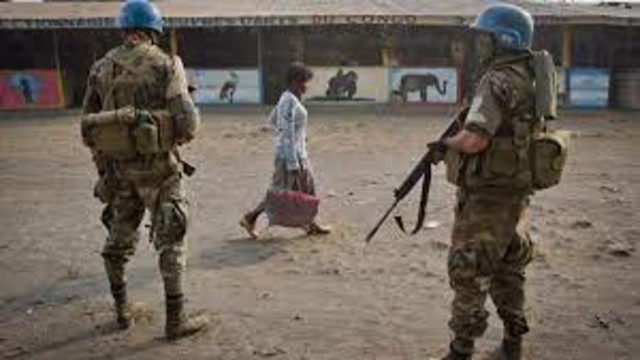

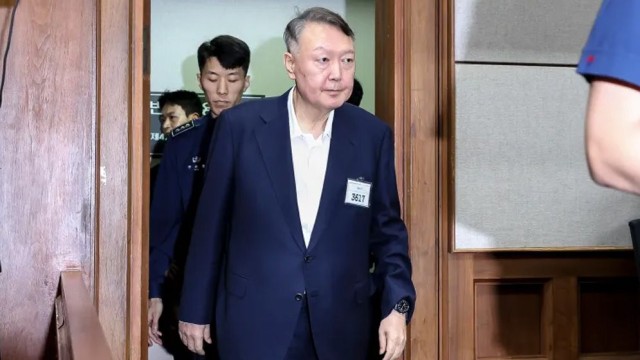
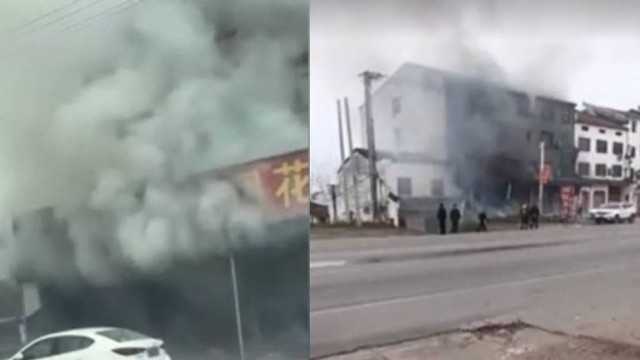
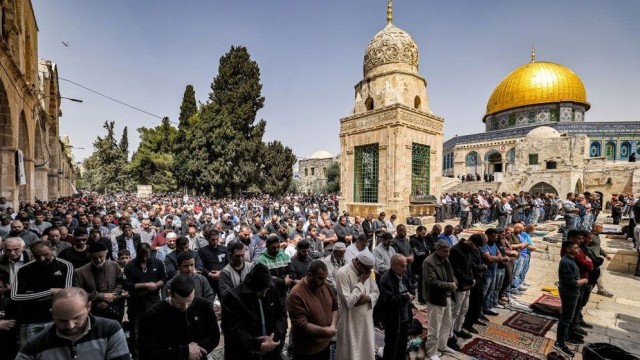

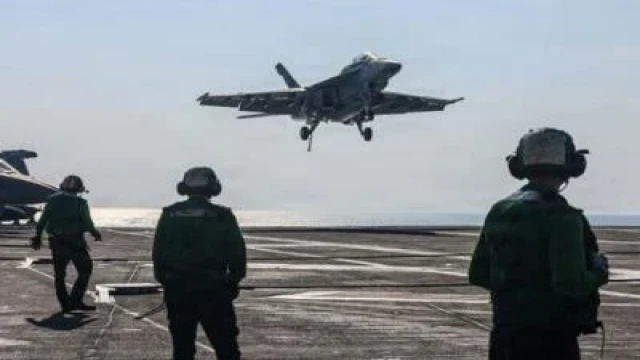
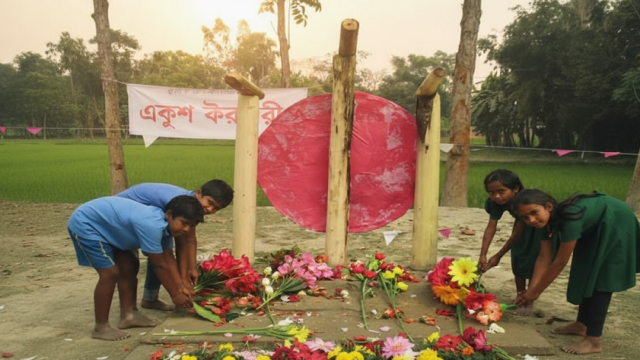
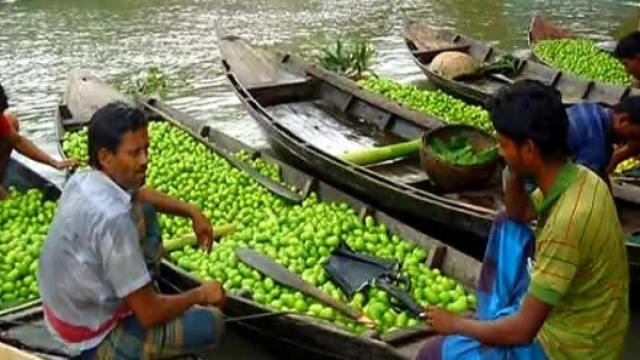

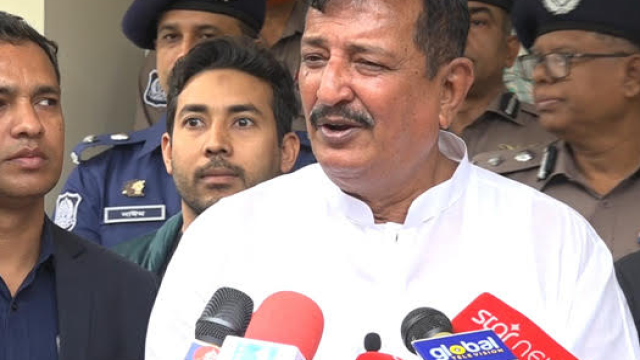

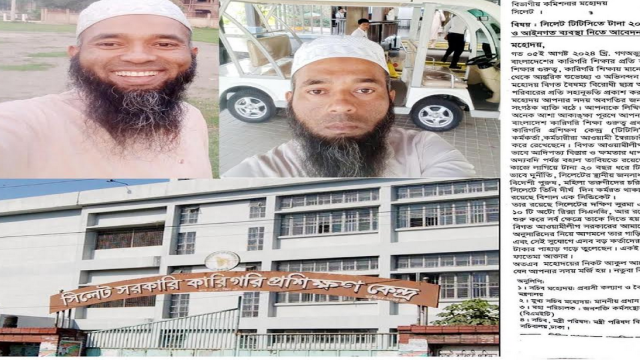

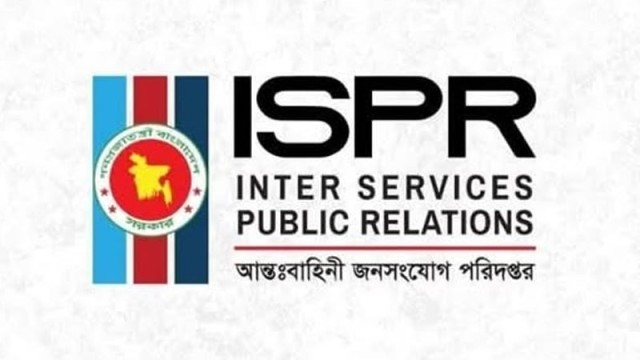
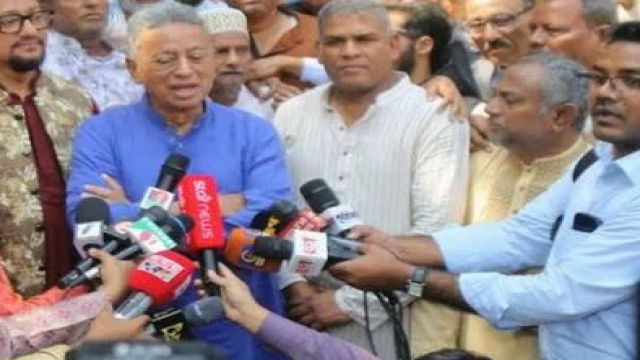
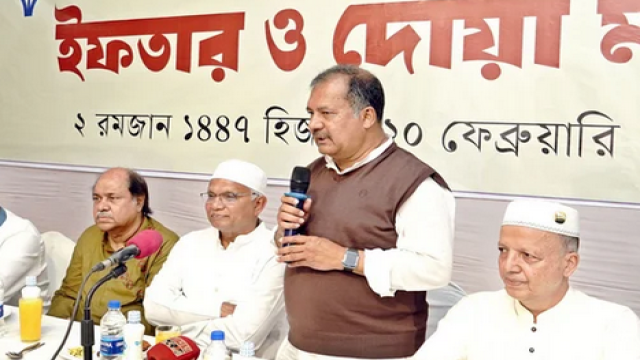




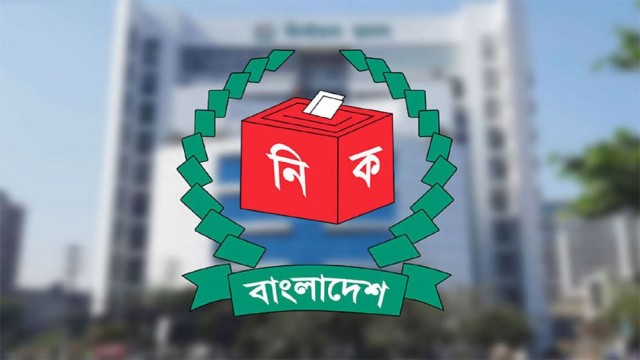
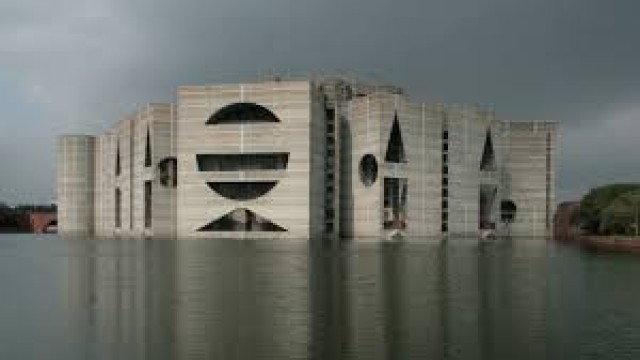





Comment: